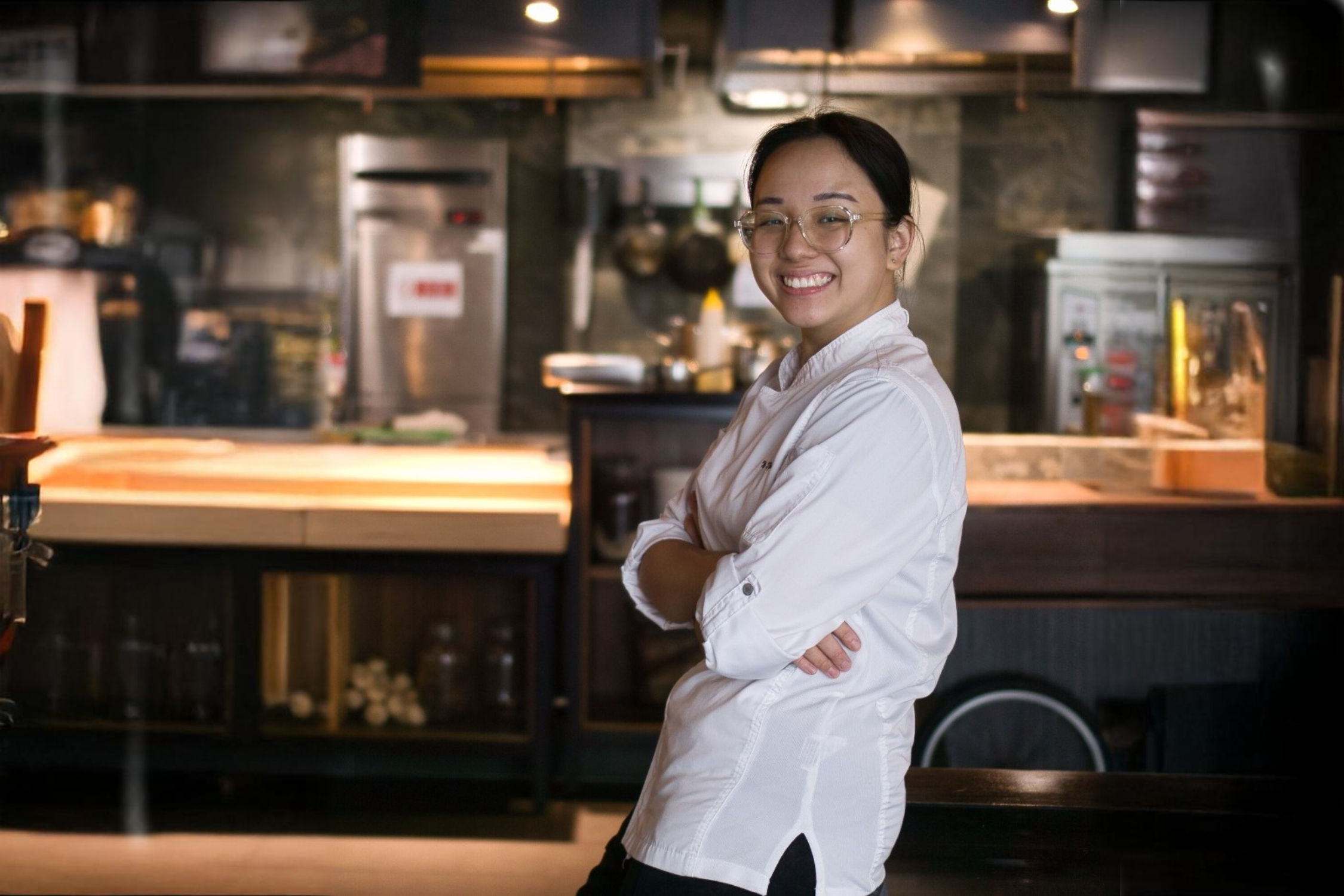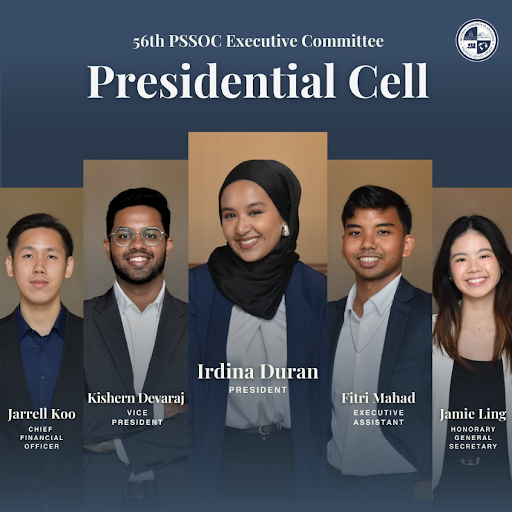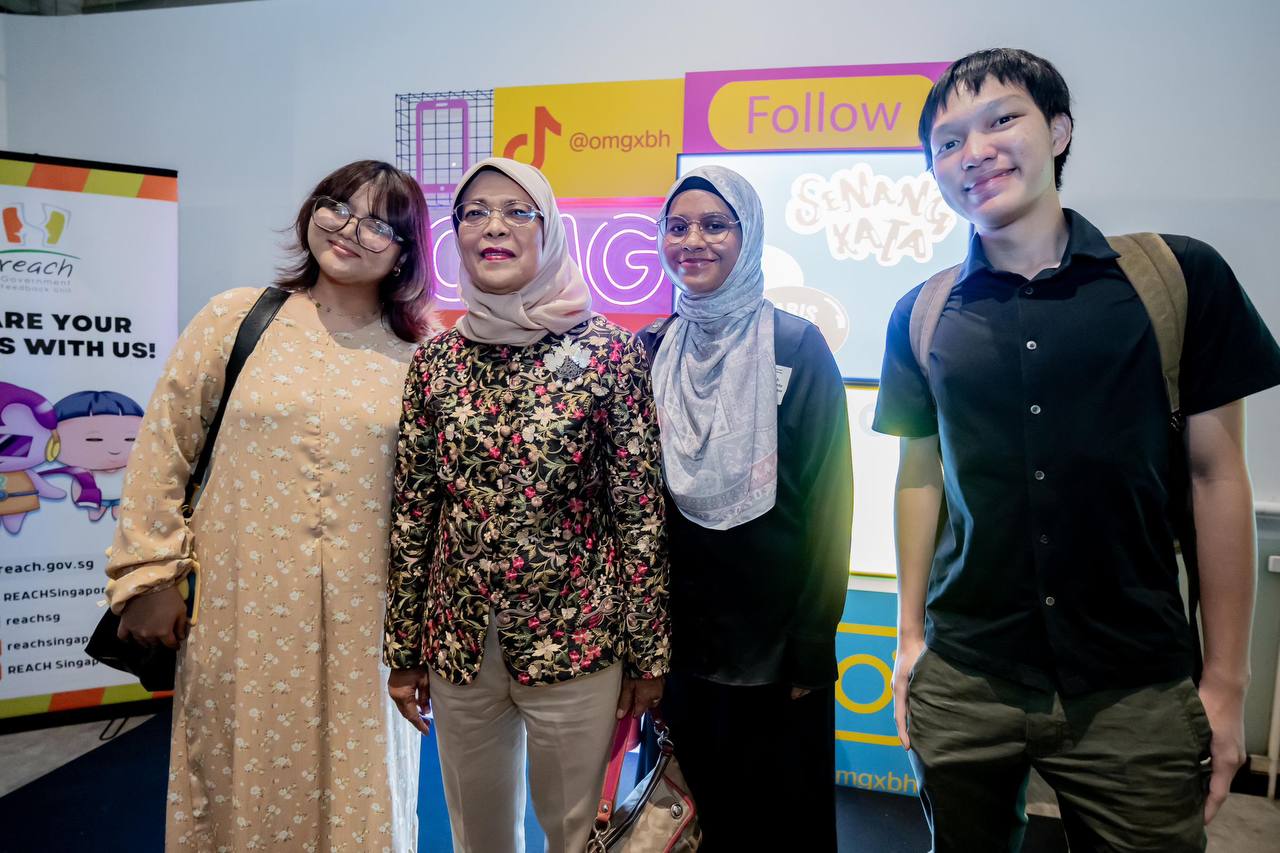In Singapore, the education system aims to bring out the best in every child with the different educational pathways catering to the different strengths and interests of students. Children typically engage in traditional face-to-face education within various educational settings, including co-ed institutions, government-run schools, private academies, and international schools. However, homeschooling also thrives as an alternative educational option within the country.
According to the Ministry of Education (MOE), in 2020, the number of home-schooled children at the primary level averaged 50 and has remained small and constant each year. Homeschooling in Singapore is a less common choice compared to mainstream schooling, with most parents opting for traditional face-to-face education. However, for those who choose homeschooling, it offers a unique opportunity to cultivate a tailored learning environment conducive to their children’s individual interests and passions. Additionally, homeschooling provides families with the flexibility to manage their own schedules, fostering increased family time and a deeper level of engagement in their child’s education.
For Arista Loh, 20, from kindergarten until secondary school, homeschooling was her reality. With sufficient preparation, Arista was ready to take SATS (America’s Scholastic Assessment Test). However, the cancellation of the subject tests globally in 2021 led her to find an option in Singapore, and Republic Polytechnic was the only tertiary school still open for registration.
“My homeschooling years had been very comfortable, and I was scared of leaving that comfort to enter a new environment,” Arista shared.
Homeschooling life
Arista’s parents wanted her to experience an educational journey different from the regular path in Singapore. With the flexibility of learning and studying on her own terms, she developed the discipline to keep herself on track and balanced. She learned through workbooks and pre-recorded lessons, alongside the option to email the teachers in the US.
She had the freedom to play with her time – juggling studies, church, and a plethora of extracurricular activities such as piano, swimming, and creative Writing.
“Homeschooling gave me time to pursue my passions and interests that going to a public primary or secondary school would not have; thanks to that, learning felt more fun and less like a chore.”
Arista Loh
Life in Republic Polytechnic
The values and social skills picked up from her extracurricular activities and church helped her ease the abrupt transition and changes at Polytechnic. Entering Republic Polytechnic was a totally new environment for her. Unlike homeschooling, she was met with deadlines, forging new friendships, and gaining more values and social skills.
“One of my most memorable experiences in RP was finishing up my FYP project with my team in the parking lot near the North entrance/exit. We had come to campus in the morning to work on our project and stayed there all day. At 10 pm, the school closed. Not wanting to waste time traveling as our deadline was 11:59 pm, we sat on the curb in the car park to finish our report. It was a hectic period, but having teammates to share the workload with was a pleasant change from working alone.” she recalled
A factor in choosing her Diploma in Consumer Behaviour and Research (DCBR) was her love for English. Her passion for writing sparked her interest in the course, but the ultimate push was the Psychology module offered within the course.
“Psychology was most appealing to me as it is helpful in writing realistic characters, and characters are a major part of my stories. However, economics is helpful in worldbuilding, and marketing is useful because it teaches one to pay attention to the going-on in the world.” she shared.
Being in Republic Polytechnic’s DCBR, she grew to be a more confident and outspoken individual. She gained awareness of the world around her, contrasting with her homeschooling days where she only paid attention to things that interested her.
Changes in life
Small or big changes in life can happen anytime and anywhere. Looking on the brighter side of life, and making the best out of everything, Arista channeled her fear of change into focusing on new experiences and learnings.
“The most valuable lesson I learned during my time in RP was not to fear new environments. Change can be difficult, but new environments provide new opportunities to learn and grow.”
Word of Advice
“For those considering unconventional educational paths, I would advise them to first do their research and consider the pros and cons carefully. As much as possible, they should try to be aware of what they are getting themselves into.
For those facing unexpected changes in their academic plans, I would advise them to be flexible. It is valid to feel disappointed when your plans are derailed, but if you only focus on the opportunities that were lost, you might miss the new opportunities presented to you.”





